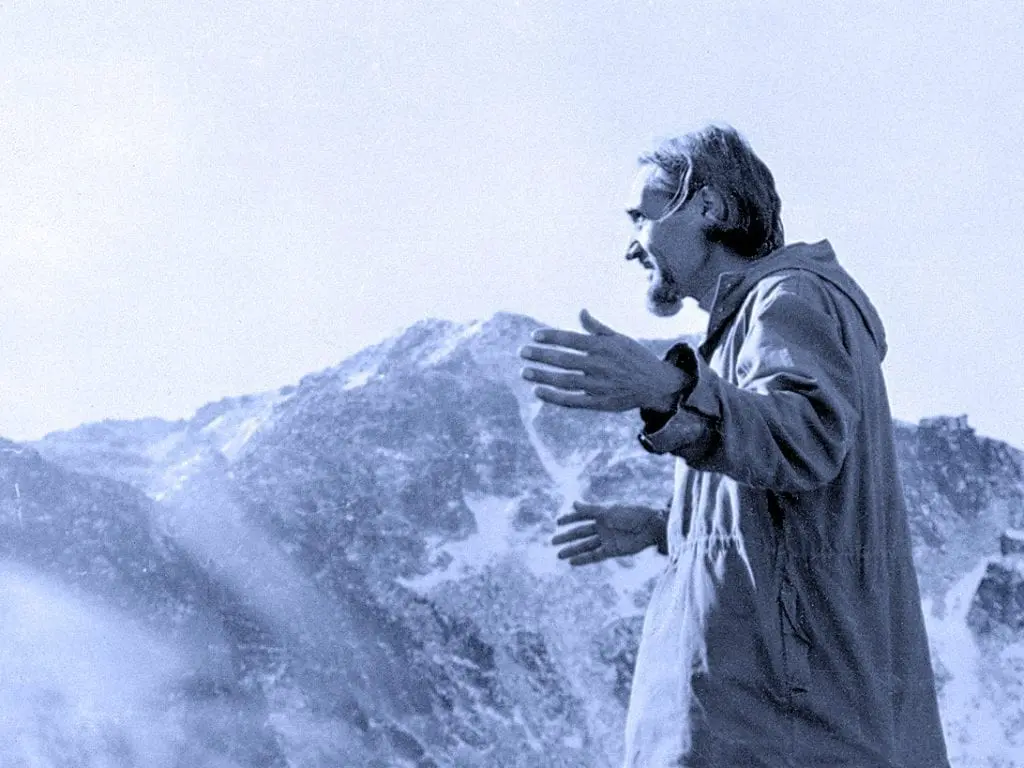Mythology as worldview is the presence of Spirit in human history!
We shall dwell on a very curious, very interesting question—one that has never left the consciousness of the world’s thought: the question of mythologies. With what they give us and what they have left behind—are mythologies a worldview? Or are they merely, as commonly accepted, inventions, fantasies?
A worldview is a system of perceptions that defines and characterizes what the world is. And when we look at the path of mythology, we will see that it is in itself a science. It is an inexhaustible vineyard, as Christianity calls its own cultivation in the human soul—churches sing of the “vineyard of God.” In its millennia of existence, Mythology has planted its great vineyard in millions of human beings. For thousands of years, it has shaped humanity’s worldview through various realizations.
The etymology of the word “mythology,” which is Greek in origin, comes from “μύθος” meaning “tale,” “legend,” or “story,” and “λόγος” meaning “knowledge,” “science,” or “word”—i.e., it is a persuasive narrative. However, “mythology” is often understood to mean “myth,” “legend,” as though what we heroize—what we call heroes of a particular historical moment recorded on the stage of history—is not also legend, not also a kind of myth. Even the cold historical fact of a person’s presence—just a script from which we can read that someone once existed and showed qualities of a sage, a leader, a lawgiver… (Even the existence of Lycurgus, who was undoubtedly the lawgiver of Sparta and whose laws ruled for centuries, is considered legend.)
As a system, myths and legends are explanations of natural and social phenomena, and they give shape to our mental and spiritual belonging. They are the ancient human attempt to answer the difficult and ever-unresolved questions—“how?” and “why?” And when I speak of the worldview-based, soul-sensed concepts of Mythology, it means that even in the future we will still be making mythologies. We will never be without them because the logos—knowledge—regardless of the form in which it is given, will always create the process of grasping the great mysteries of “why?” and “how?” (To some extent, we shall only be able to answer the “how?”)
Oedipus, a mythic mystery, answers the Sphinx’s question. No one before him had been able to decipher the great riddle and all had perished at the gates of Thebes. The answer was: It is man—who as a child walks on four legs, in maturity on two, and in old age on three, using a cane. He answered—but could not foresee what awaited him. He could not realize he would kill his father and then marry his mother.
Let us place these mythological sacralities into our own minds, into our own souls, and ask—who is the father, and why did he have to be killed? Who is the son who lies in the bed of his own mother, and why must this son then blind himself? These are great mysteries, and it is by no means incest, as some ideologies claim. No—the “incest” is between thought and feeling, between will and spirituality, until the great harmony is found (but not in a literal sense). Here lie the secrets, here lies the path to initiation—why does the son who kills the father go blind?
When I have spoken of Christ’s parable of the prodigal son, the emphasis there is that the elder brother—thought—envies the younger—astrality—for the generosity of the Father, the Spirit. That is the great mystery. The rest is a word serving as a garment—to conceal the secret of the initiated. And Mythology is undoubtedly a cause of Spirit, one that unfolds, manifests, and is realized.
Mythology is the self-consciousness of religiosity! This religiosity has its own monuments, its own ways of expressing the human relationship to the divine. Of course, religiosity is not merely the behavior of faith, which is the metaphysics within the soul of religions. Because our consciousness of faith is also knowledge of Cosmos-creation. And every mythological doctrine has its metaphysics of the origin of the world—its own theogony of divine births. When humanity passes through several more fields of culture, it will see that not one of these mythological images was fantasy or speculation, but rather a real dimension within our planet—a touch of the earthly and the heavenly.
Mythologies are a living spiritual reality!
From “Mythology as Worldview (only in Bulgarian)” *Nur* Journal, Issue 2/2002

